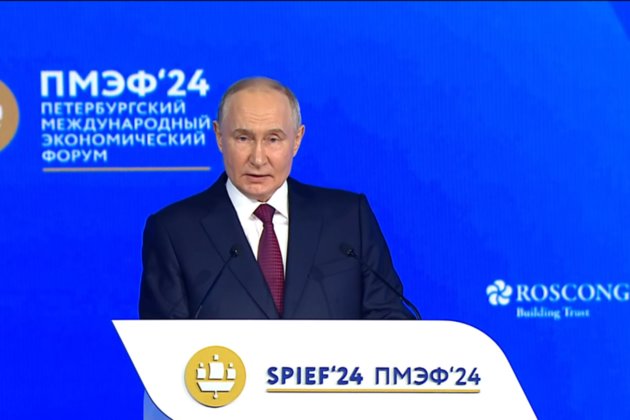
Business
Pakistan Economy Braces for Impact Amid Rising Oil Prices
In the face of escalating global oil prices, Pakistan economy grapples with a fresh wave of challenges.
Khurram Schehzad, CEO of Alpha Beta Core Securities, sheds light on the complexities arising from this phenomenon.
The surge in oil prices not only impacts slow-growth, high-inflation Pakistan economy but also reverberates in other sectors.
With difficulties in acquiring US Dollars, gold prices are on the rise, exacerbating economic pressures.
Brent crude breaching the $90 mark signals an impending additional $1 billion import bill unless proactive measures are taken.
Suggestions include potential tax increases to curb demand, a strategy aimed at mitigating financial strain and bolstering economic stability.
However, the confluence of higher oil prices and a depreciating Pakistani Rupee threatens to unleash a domino effect.
This includes the potential for increased costs in petroleum, gas, and electricity, further fueling inflationary trends.
Concurrently, the strain on forex reserves, debt servicing obligations, and fiscal positions intensifies.
The repercussions extend beyond economic indicators, with persistent inflation and sluggish growth potentially deepening poverty levels.
Despite recent stabilization efforts, Pakistan remains on tenterhooks, navigating through precarious terrain.
Khurram Schehzad underscores the urgency of swift and decisive reforms to confront these multifaceted challenges.
A proactive approach is essential to not only address the immediate economic concerns but also to fortify resilience against global geopolitical and economic uncertainties.
As Pakistan stands at a critical juncture, the imperative is clear: prioritize and implement reforms expediently to steer the nation towards economic resilience and prosperity.








